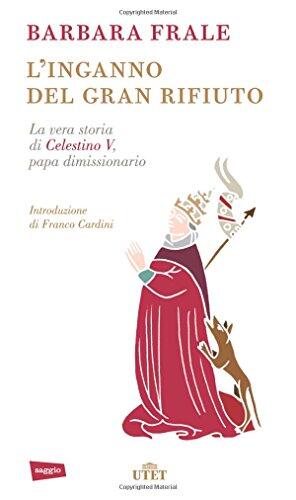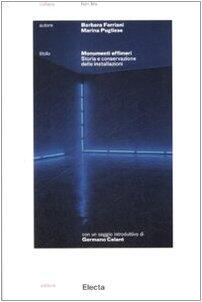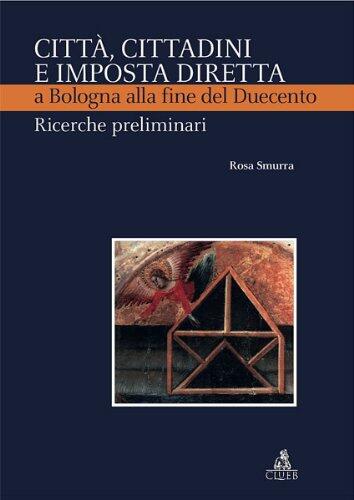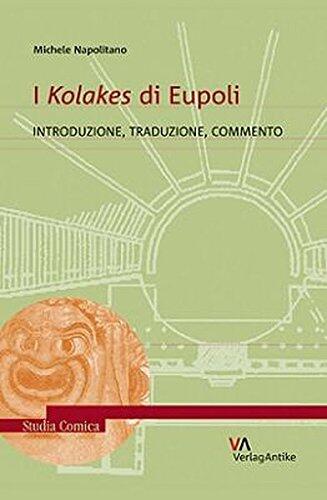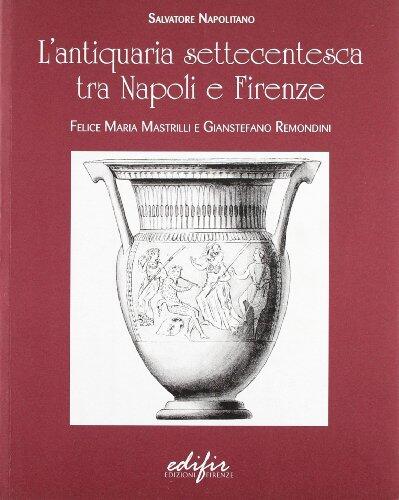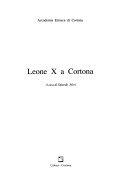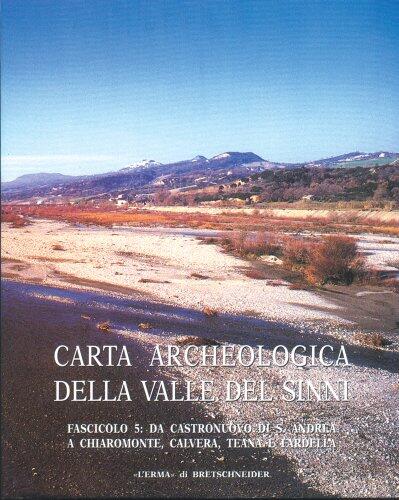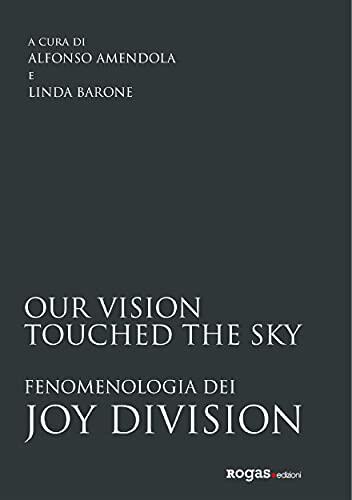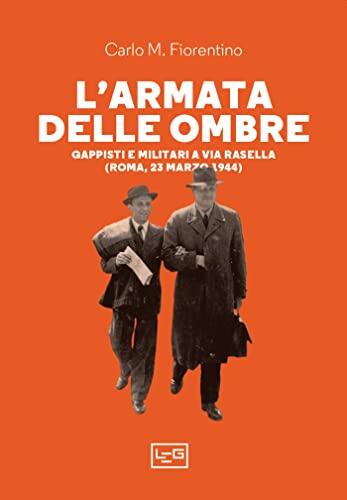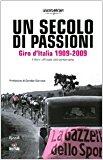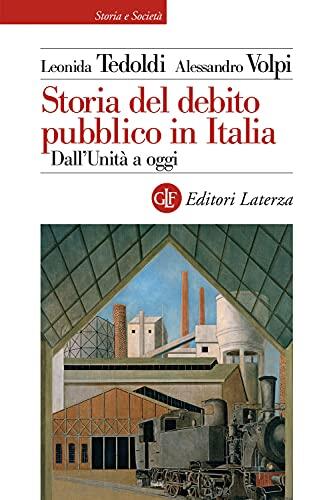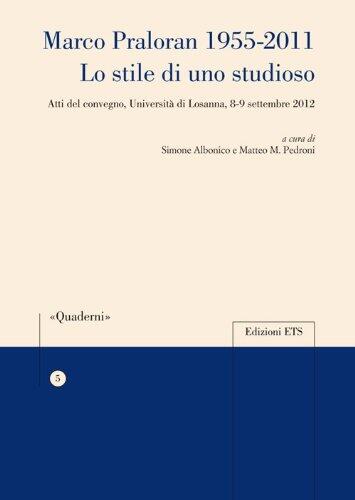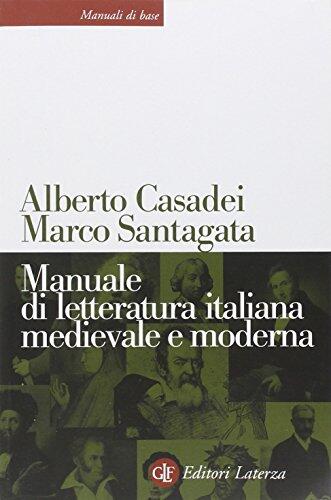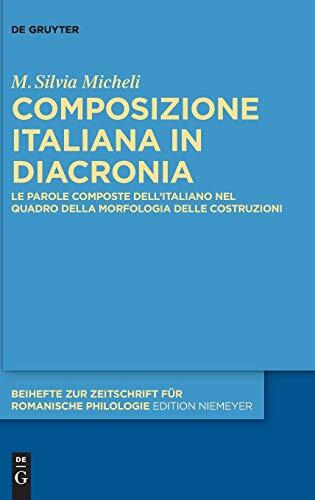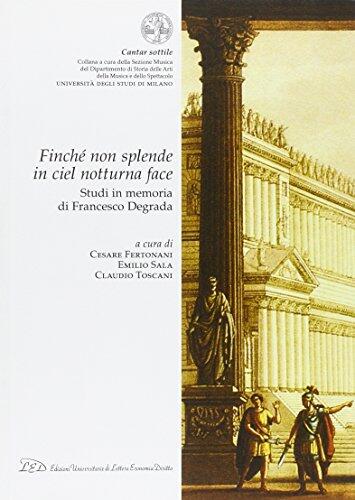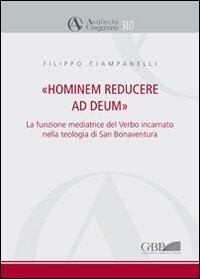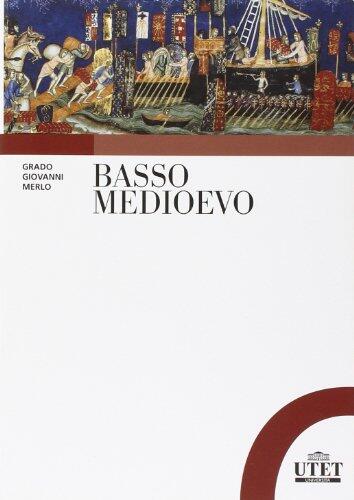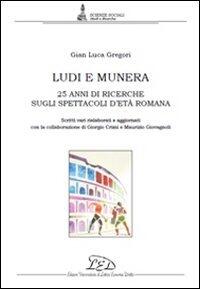
Ludi e munera. 25 anni di ricerche sugli spettacoli d'età romana
によって
G. Luca. Gregori
まだ評価がありません
History
形式
ペーパーバック
ページ数
282
言語
イタリア語
公開されました
Jan 1, 2011
出版社
LED - Edizioni Universitarie di Lettere Economia e Diritto - Sezione Universitaria
ISBN-10
8879164791
ISBN-13
9788879164795
説明
In this compelling exploration of ancient Roman entertainment, the author delves into a quarter-century's worth of research that unveils the intricacies of games and spectacles that captivated audiences millennia ago. The work serves as a comprehensive examination of the cultural, social, and political significance of these events in Roman society, illustrating how they provided a powerful outlet for expression and community bonding.
Drawing on archaeological findings, historical texts, and a variety of scholarly interpretations, the narrative artfully blends facts with engaging storytelling. Readers are invited to witness the grandeur of gladiatorial combat, chariot races, and theatrical performances that defined an era, as well as the public's fascination with such spectacles, reflecting their underlying values and societal dynamics.
G. Luca Gregori’s meticulous research shines a light on how entertainment was not merely a diversion, but a fundamental aspect of Roman identity. Throughout the pages, the reader discovers how the origins and evolution of these activities mirrored the complex interplay of power, religion, and social hierarchy in ancient Rome.
Ultimately, the text serves as both an academic resource and a vivid portrayal of a culture steeped in dramatic expression, leaving readers with a profound appreciation for the enduring legacy of Rome's vivid past.
Drawing on archaeological findings, historical texts, and a variety of scholarly interpretations, the narrative artfully blends facts with engaging storytelling. Readers are invited to witness the grandeur of gladiatorial combat, chariot races, and theatrical performances that defined an era, as well as the public's fascination with such spectacles, reflecting their underlying values and societal dynamics.
G. Luca Gregori’s meticulous research shines a light on how entertainment was not merely a diversion, but a fundamental aspect of Roman identity. Throughout the pages, the reader discovers how the origins and evolution of these activities mirrored the complex interplay of power, religion, and social hierarchy in ancient Rome.
Ultimately, the text serves as both an academic resource and a vivid portrayal of a culture steeped in dramatic expression, leaving readers with a profound appreciation for the enduring legacy of Rome's vivid past.
